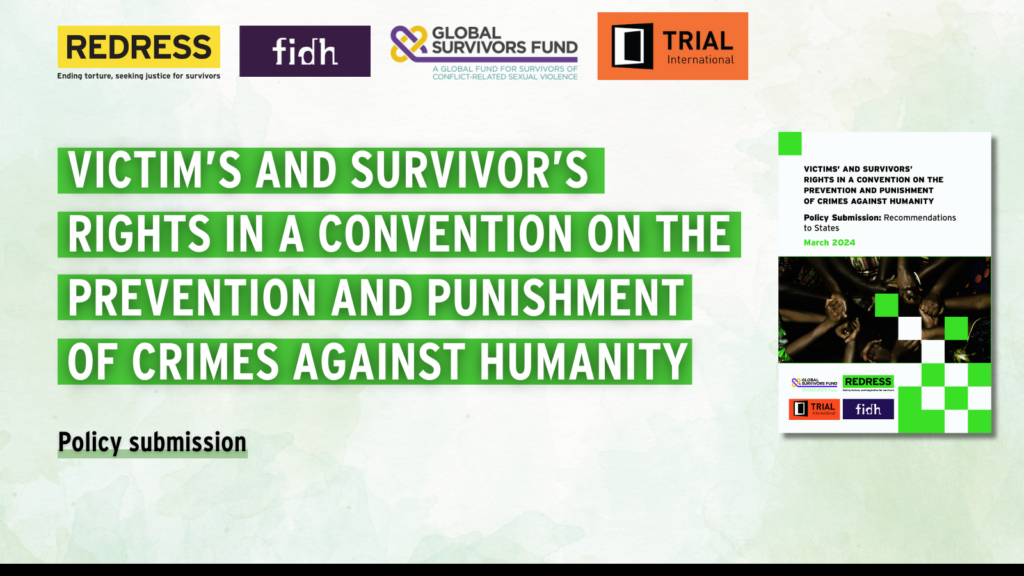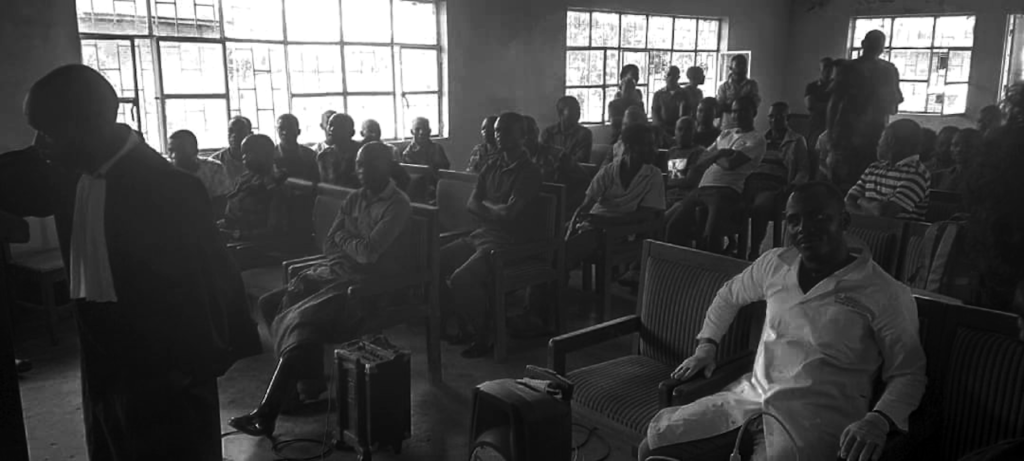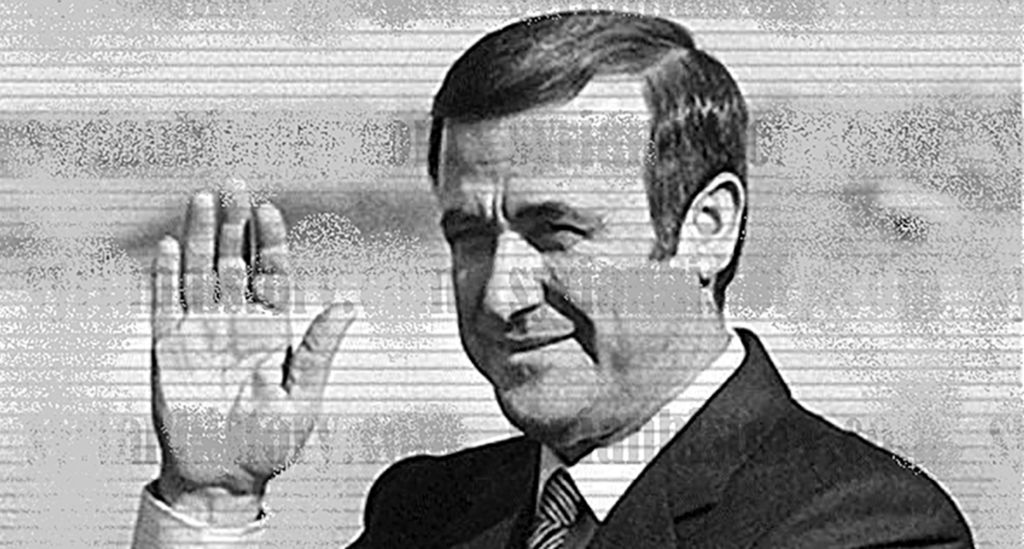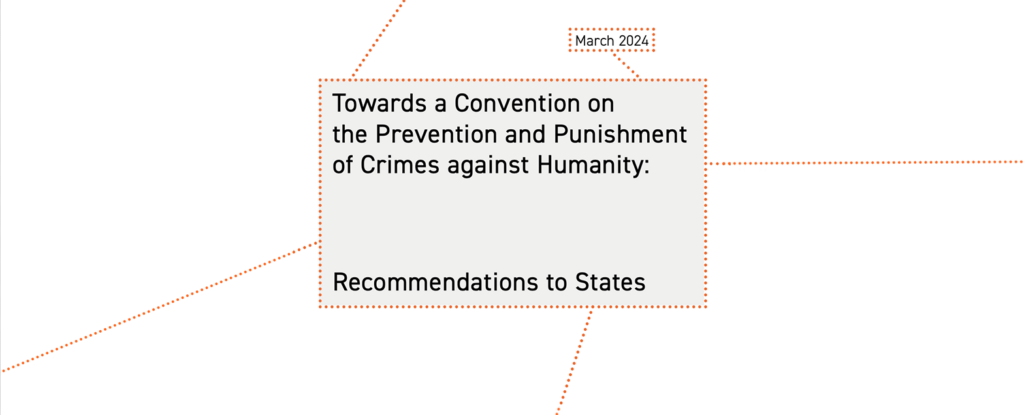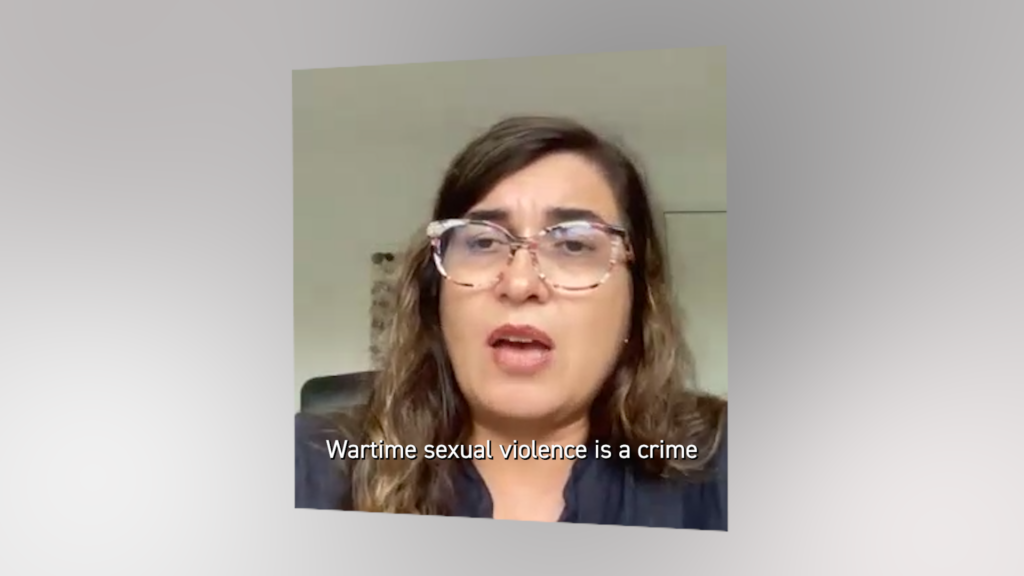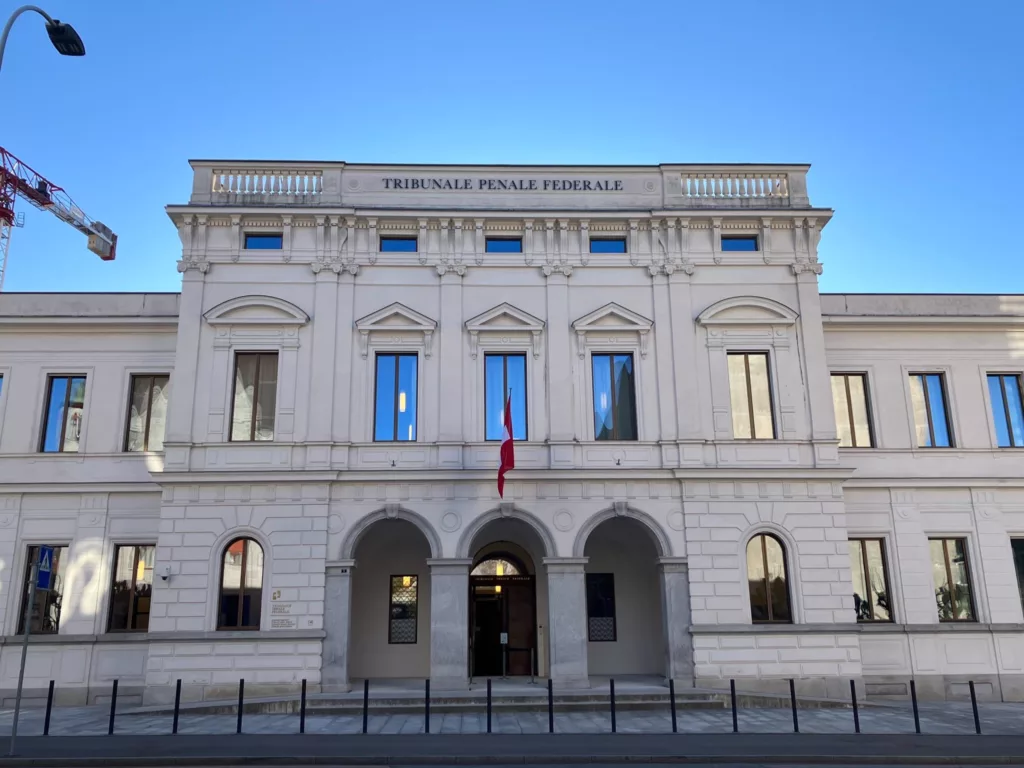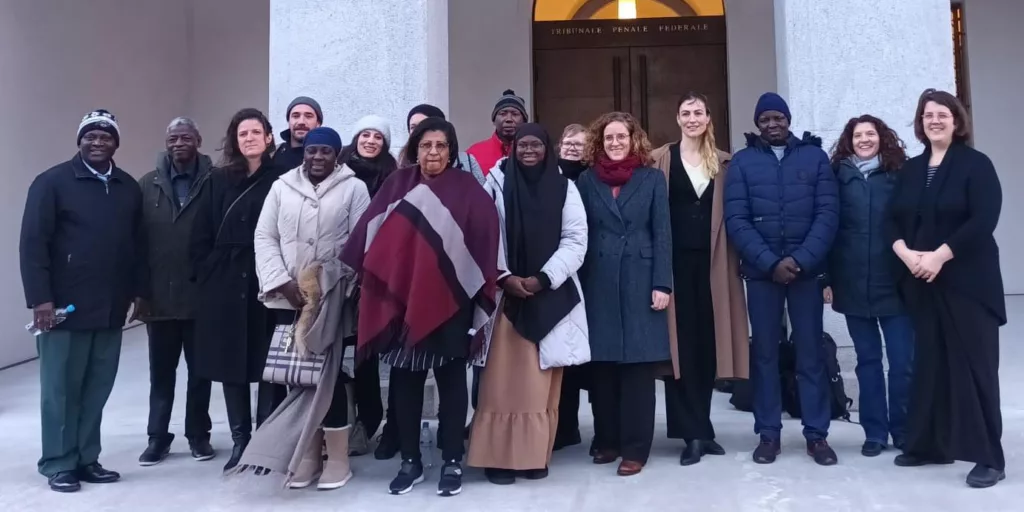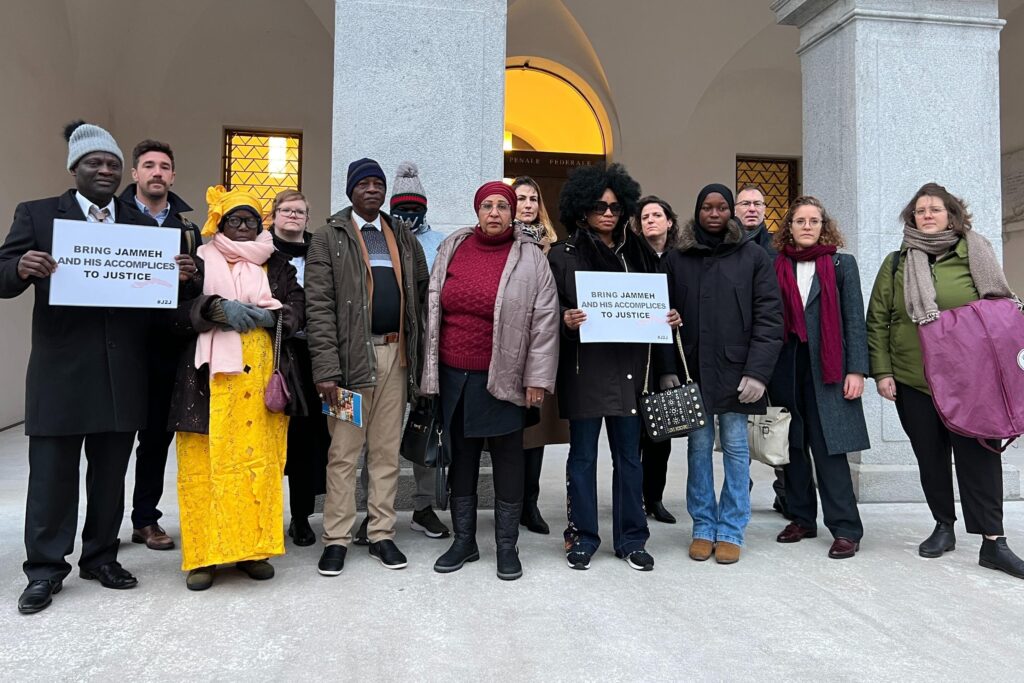Fighting negationism in Bosnian society
Murals glorifying war criminals, graffiti of fascist symbols, fascist slogans being chanted at football matches, the denial of Bosnia and Herzegovina’s dark past is part of the everyday life of the country’s inhabitants. TRIAL International and ForumZFD have continued their collaboration that started last year by publishing two policy papers addressing issues such as denial, trivialisation or justification of genocide and other war crimes.
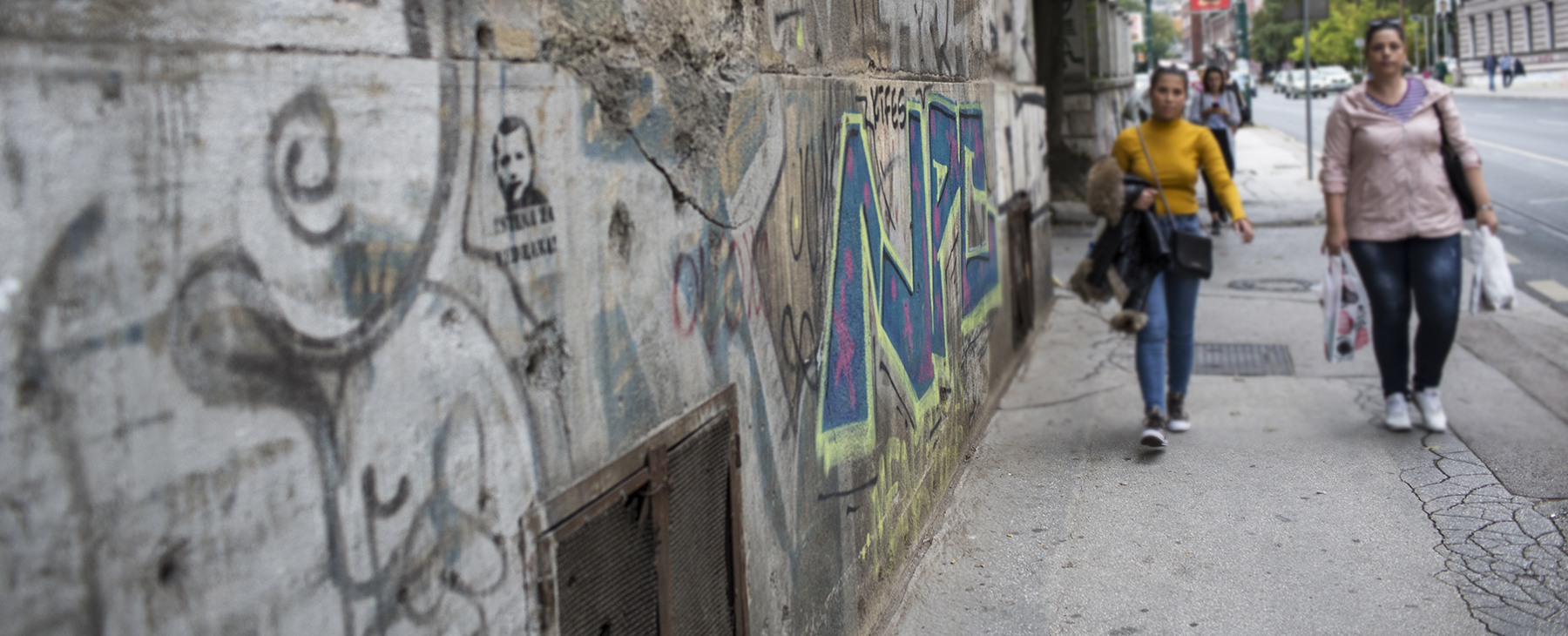
The wounds of war are still open in Bosnia and Herzegovina (BiH). Nearly 25 years after, some families have still not been reunited with their loved ones, while others are waiting for those responsible for war crimes to finally be put on trial… More recently, other problems have revived the memory of the conflict: the denial in the public sphere of crimes that are known to all – or even established by the courts – as well as the glorification of convicted war criminals.
In an attempt to address the rise of such hate speech and demonstrations, TRIAL International and ForumZFD have published two strategic documents for the attention of BiH legislators. The first policy paper stresses the need for a legal framework that would end the culture of impunity. It builds, among other things, on earlier draft laws, and aims at laying the basis for a possible regulation, and analysing its potential effects. The second one focuses on non-legislative aspects which should support BiH’s efforts to combat impunity. Education, activism, art and culture, public awareness through the media or religious communities must go hand in hand with an overhaul of the legislative framework. Only by combining these two aspects can one expect to have an impact on mentalities, and the wider society.
“These two policy papers are based on research conducted in 2019 that led to the publication of the report ‘Calling War Atrocities by Their Right Name’, as well as on subsequent discussions”, said Lejla Gačanica, a legal expert at ForumZFD and co-author of the aforementioned report. “Many people agreed on the need for a legal framework that would prohibit the denial, trivialisation, justification or condoning of crimes against humanity and war crimes in BiH. The reason for this is simple: an environment in which the denial or glorification of crimes is acceptable calls into question the judiciary and democratic institutions.”

